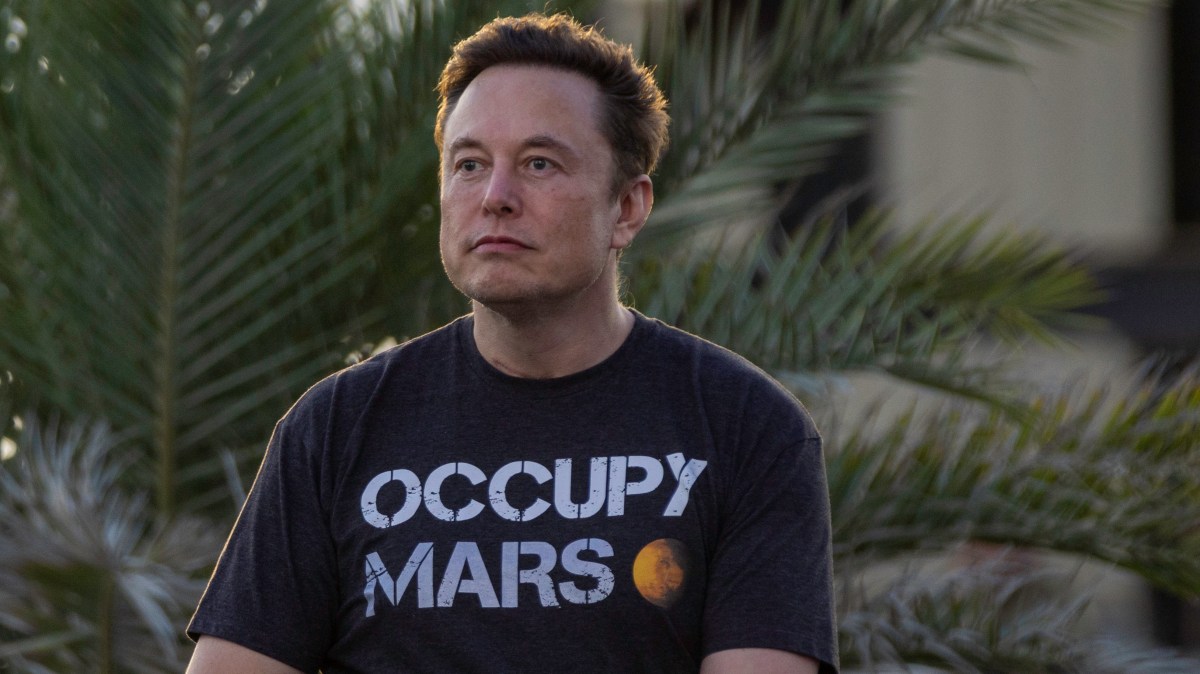Elon Musk allegedly ordered Starlink to cut internet coverage in parts of Ukraine during a crucial counteroffensive during the early stages of the Russian invasion.
The order led to a communications blackout while Ukrainian forces attempted to retake Kherson, a port city in southern Ukraine, in September 2022. The blackout ultimately caused the attack to fail.
Staff at the American tech firm deactivated at least 100 Starlink terminals after they received the instructions, according to Reuters, which spoke to three people familiar with the instruction.
While Ukraine was eventually able to reclaim Kherson, the decision was reported to have shocked Starlink employees and damaged Ukrainian trust in the technology. It enabled Musk to take “the outcome of a war into his own hands”, one of the three people said.
It is believed the decision stemmed from Musk’s concerns that Ukrainian advances could provoke nuclear retaliation from Russia.
A spokesman for SpaceX, the aerospace company that owns Starlink, told Reuters the reporting of the incident is “inaccurate”. The Ukrainian ministry of defence has been approached for comment.
In March, Musk posted on his social media platform, X: “To be extremely clear, no matter how much I disagree with the Ukraine policy, Starlink will never turn off its terminals.”
Starlink is a satellite company that beams data across its network, providing customers with stable internet access in remote and unreliable locations. With about 8,000 satellites in orbit, it is the world’s largest satellite operator.
It has been a crucial tool in Ukraine’s defence, after Musk provided the country with millions of dollars worth of Starlink terminals at the outset of the war. As of April this year, Kyiv has received more than 50,000 Starlink terminals.

A Starlink terminal constructed for local residents in Kherson
OLEKSANDR RATUSHNIAK/REUTERS
In 2022 the British military began using Starlink for “welfare purposes,” including personal communications for troops, although the Ministry of Defence has denied using the terminals for sensitive military communications.
The network has allowed Ukrainians to speak to relatives, and President Zelensky uses the network to transmit broadcasts to the nation. It has also helped to maintain battlefield communications and assisted in keeping Ukrainian drones and long-range artillery units, reliant on Starlink to aim their fire, online.
• Ian Cowie: Defence, drones, software and space are the final frontiers for investors
This is not the first time Musk has been accused of switching off the Starlink network in Ukraine. In a biography of the eccentric billionaire, the author Walter Isaacson said Musk told his engineers to switch off a Starlink satellite communications network near the coast of Crimea in 2022.
Ukrainian submarine drones armed with explosives were reported to have approached the Russian fleet in the Black Sea but suddenly lost connectivity and “washed ashore harmlessly”. However, Musk denied the shutdown took place and claimed that there had never been coverage in Crimea to begin with. Isaacson later conceded his account was flawed.
In the same biography, the businessman was said to have expressed doubts about his involvement in the conflict. He said: “How am I in this war? Starlink was not meant to be involved in wars. It was so people can watch Netflix and chill and get online for school and do peaceful things, not drone strikes.”
In 2023 Gwynne Shotwell, the president of SpaceX, said the company had taken steps to prevent Ukraine from using Starlink for some military activities. “Our intent was never to have them use it for offensive purposes,” she said at a conference in Washington.

Gwynne Shotwell, head of SpaceX
MIKE BLAKE/REUTERS
The most recent accusations will once again raise questions about the unchecked power resting in the hands of one man.
During a debate in the House of Lords this year, Baroness Lane-Fox of Soho said Musk’s “current global dominance exemplifies the dangers of concentrated power in unregulated domains”.
Lane-Fox, a former board member at Twitter and member of the joint parliamentary committee on national security, added that control “rests solely with Musk, allowing his whims to dictate access to vital infrastructure”.

Baroness Lane-Fox of Soho
In March this year Musk warned that Ukraine’s “entire front line would collapse” if he turned off Starlink.
Radoslaw Sikorski, the foreign minister of Poland, which pays for much of Ukraine’s Starlink connectivity alongside the United States and Germany, wrote on X that “if SpaceX proves to be an unreliable provider we will be forced to look for other suppliers”.
Rivals to Starlink include OneWeb, a European service based in France, as well as Amazon and Spacesail, a Chinese state-backed venture.
